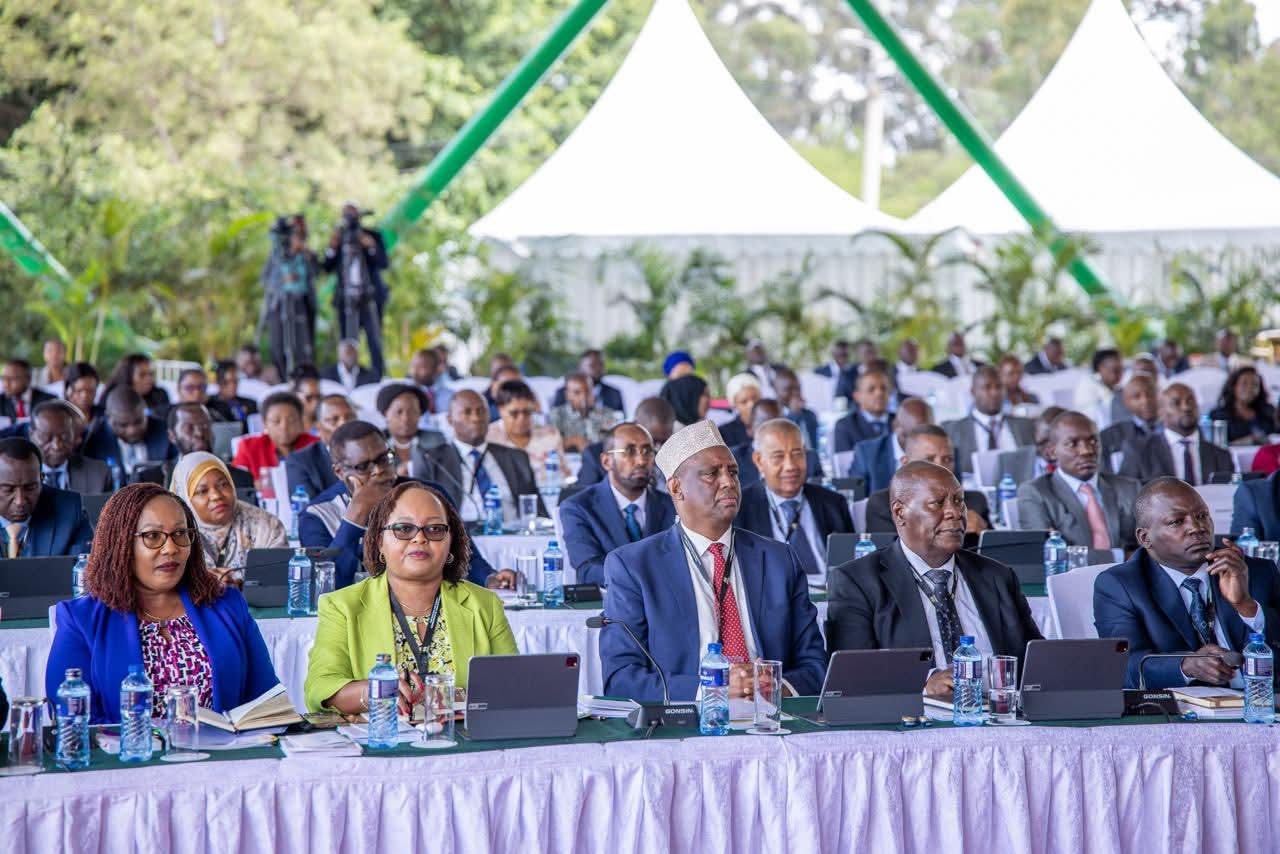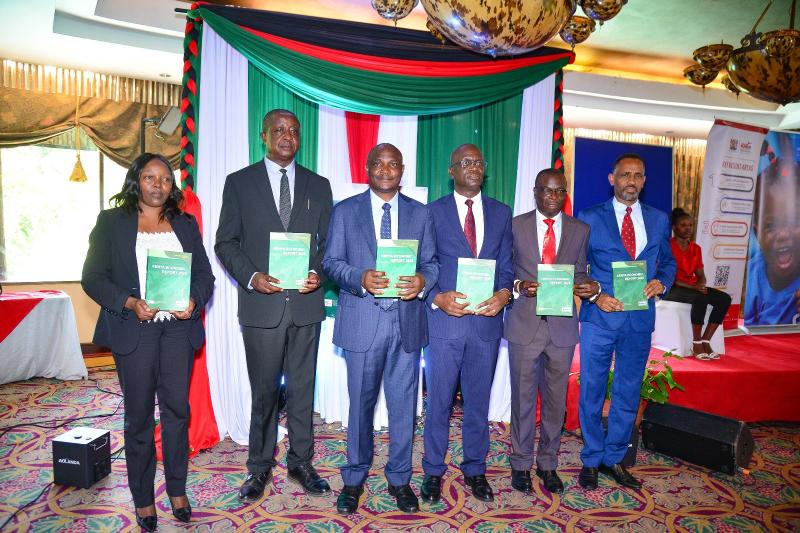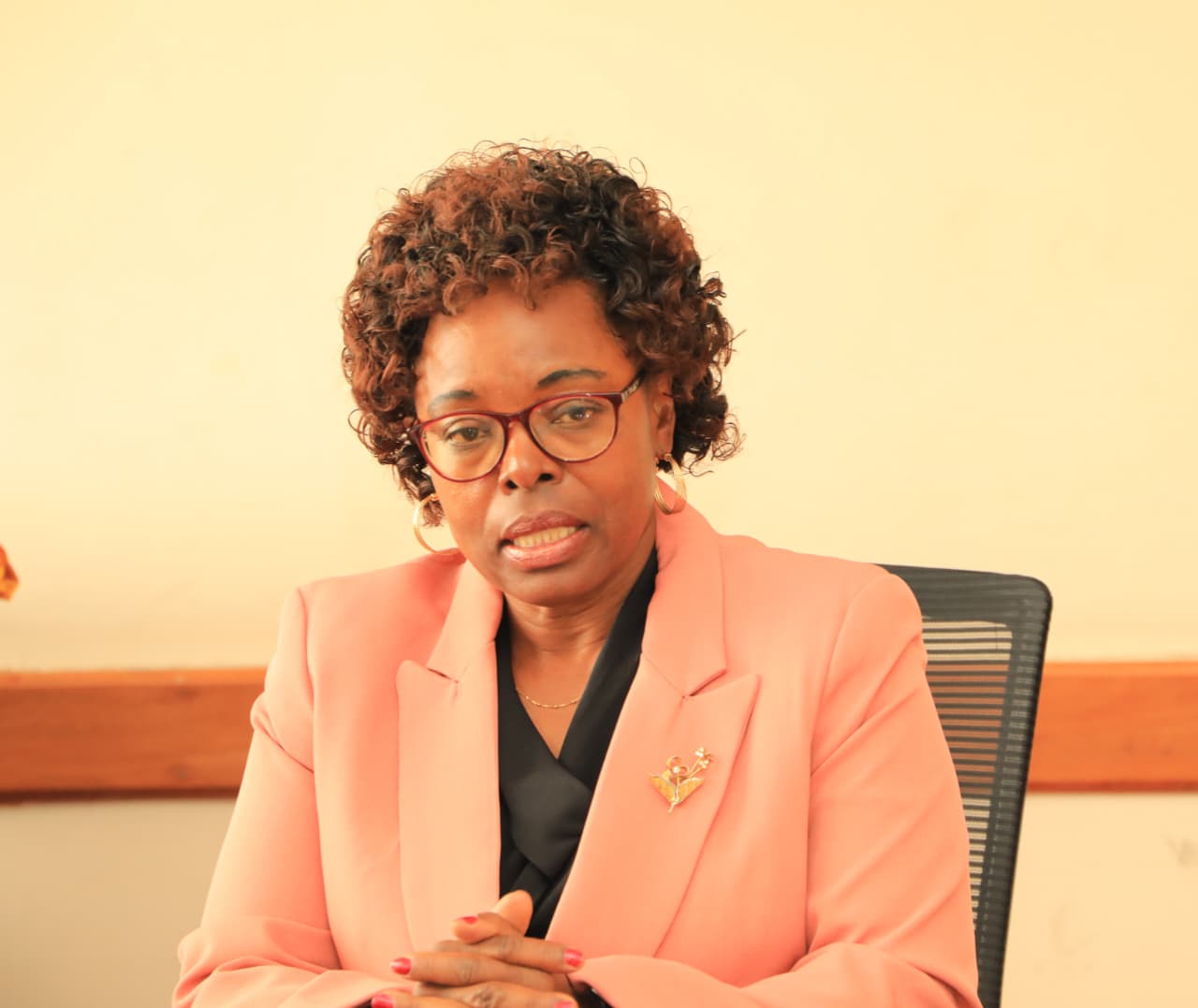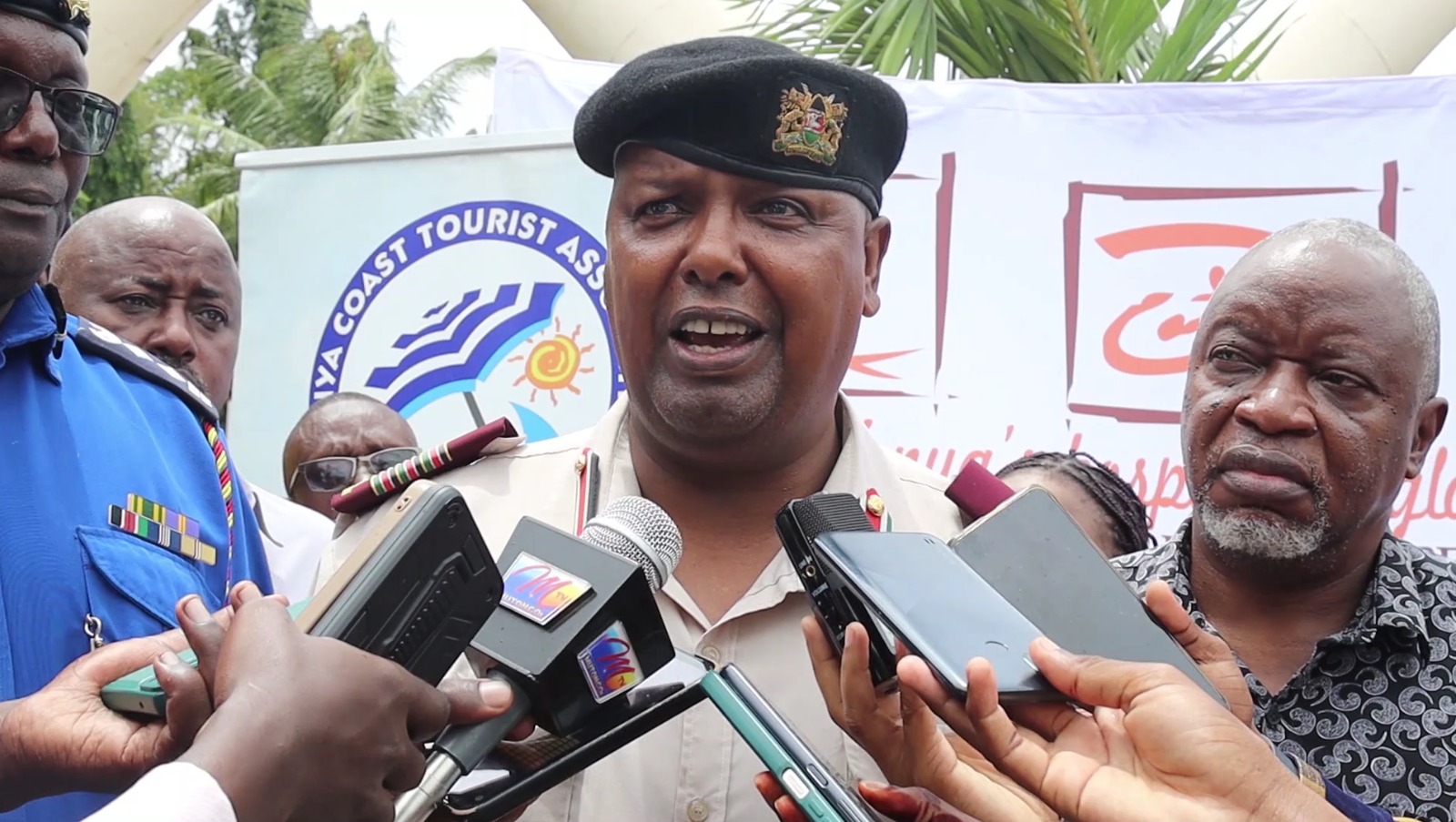Germany, Norway reopen embassies in Juba as South Sudan tensions ease
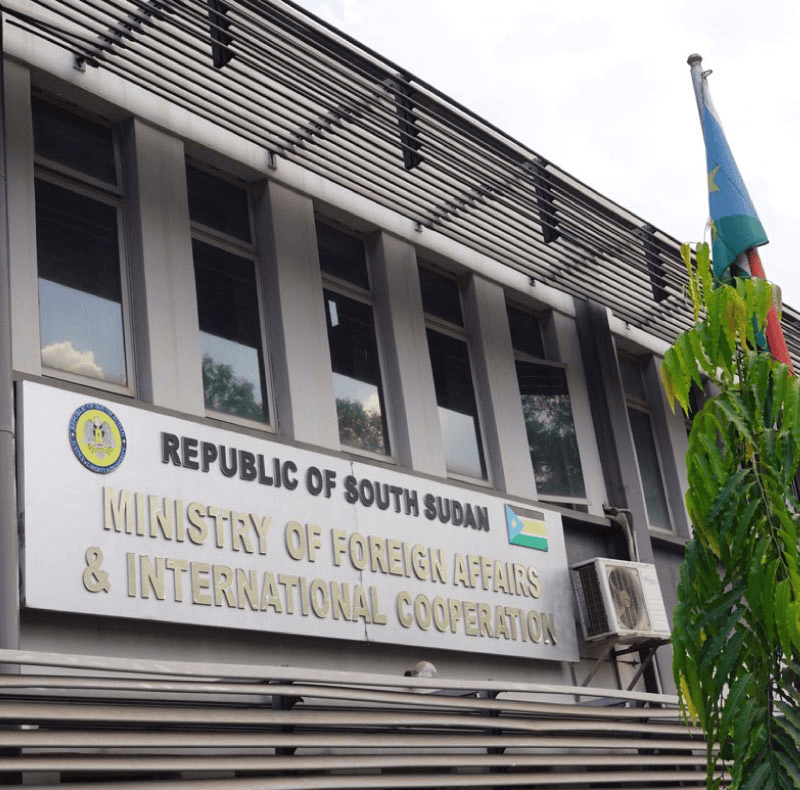
The statement emphasised that the reopening reflects "the continued strength of bilateral relations and the shared commitment of both countries to maintaining close diplomatic engagements."
Germany and Norway are reopening their embassies in Juba, South Sudan, after a nearly two-month hiatus prompted by fears of renewed civil conflict.
The embassies were shuttered in mid-March amid heightened tensions between President Salva Kiir and his first vice president, Riek Machar.
More To Read
- Sudan, South Sudan and Gaza face ‘most dangerous year yet’ as humanitarian crisis deepens
- South Sudan grounds UNMISS aircraft over spy gear and smuggling allegations
- South Sudan health system on brink as conflict and cholera spread, MSF warns
- South Sudan deploys forces to secure Heglig oil field after Sudan RSF capture
- Gunman hijacks aid plane in South Sudan, arrested after safe landing in Wau
- Sexual violence driving mass flight from Sudan to South Sudan: What you need to know
"The Ministry of Foreign Affairs and International Cooperation welcomes the reopening of the Embassies of the Kingdom of Norway and the Federal Republic of Germany in the Republic of South Sudan, following a brief period of closure," read a statement from the South Sudanese foreign office.
The statement emphasised that the reopening reflects "the continued strength of bilateral relations and the shared commitment of both countries to maintaining close diplomatic engagements."
The diplomatic freeze followed clashes between government forces and Nuer militia groups in Upper Nile after an armed convoy led by senior security officials, including the defence minister, reportedly stormed Machar's residence in Juba, disarmed his bodyguards, and placed him and his wife, Interior Minister Angelina Teny, under house arrest.
Analysts see the embassies' reopening as a sign of cautious optimism that the immediate security threat has receded, though the underlying tensions between Kiir and Machar, who were key protagonists in the 2013–2018 civil war, remain unresolved.
The crisis in March rattled the international community and raised concerns about the stability of the fragile peace agreement that brought the two leaders together in a unity government.
South Sudanese officials are now keen to reassure foreign partners that diplomatic engagement can proceed despite lingering uncertainties.
This reopening also reflects a calculated bet by Berlin and Oslo that maintaining a diplomatic footprint, even in the face of chronic volatility, can bolster efforts to support peace and governance in the world's youngest nation.
Top Stories Today

